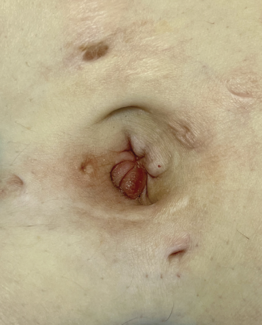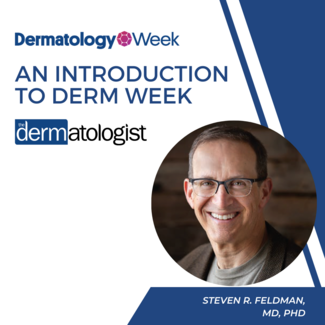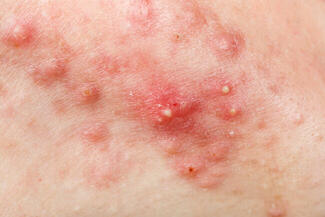Isotretinoin’s Ocular Effects
In her presentation at Dermatology Week 2025, Emmy Graber, MD, MBA, addressed an often-overlooked topic: the ocular side effects of isotretinoin. While isotretinoin is widely used to treat severe acne, Dr Graber emphasized its notable effects on eye health, especially dry eye disease.
Dr Graber provided a detailed overview of ocular anatomy to contextualize isotretinoin’s impact. “It can alter tear film composition, reduce lacrimal gland output, induce apoptosis in the meibomian glands, affect goblet cells, and reduce corneal sensitivity,” she said. The latter is particularly concerning, as patients may not perceive eye discomfort accurately, increasing the risk of unnoticed damage.
Referencing a large retrospective cohort study of over 14,000 patients, Dr Graber highlighted the incidence of ocular adverse events, such as conjunctivitis, blepharitis, chalazion, and hordeolum. The peak risk was observed around 4 months into treatment. Importantly, she reiterated that while acne itself increases ocular risk, isotretinoin further elevates that risk. In this study, all ocular side effects were ultimately reversible.
Dr Graber offered practical advice for managing isotretinoin-induced dry eye disease. She recommended that patients avoid dry, windy, and air-conditioned environments and reduce screen time when possible. “Patients blink half as often when looking at a screen,” she explained. Counseling on screen ergonomics, using artificial tears—ideally preservative-free—and considering omega-3 supplementation (without vitamin A-containing oils like cod liver oil) were among the key takeaways.
She also addressed the importance of recognizing and distinguishing related conditions, such as blepharitis and blepharoconjunctivitis. “These are dose-dependent side effects,” she said, describing anterior blepharitis (affecting the eyelash base), posterior blepharitis (involving meibomian gland dysfunction), and blepharoconjunctivitis (with conjunctival involvement).
While prescription drops are sometimes used for dry eyes, their delayed onset of action limits usefulness during short-term isotretinoin courses. Instead, Dr Graber emphasized timely preventive care and dermatologist-led patient education: “We’re not eye doctors, but we can—and should—equip our patients with the tools to protect their eye health during treatment.”
For more meeting coverage, visit the Dermatology Week newsroom.
Maximize your experience by adding up to 90 days of on-demand access. Find the package that works for you. Upgrade here.
Reference
Graber E. Isotretinoin and eye health: a deep dive into ocular effects. Presented at: Dermatology Week; May 14–16, 2025; Virtual.




















